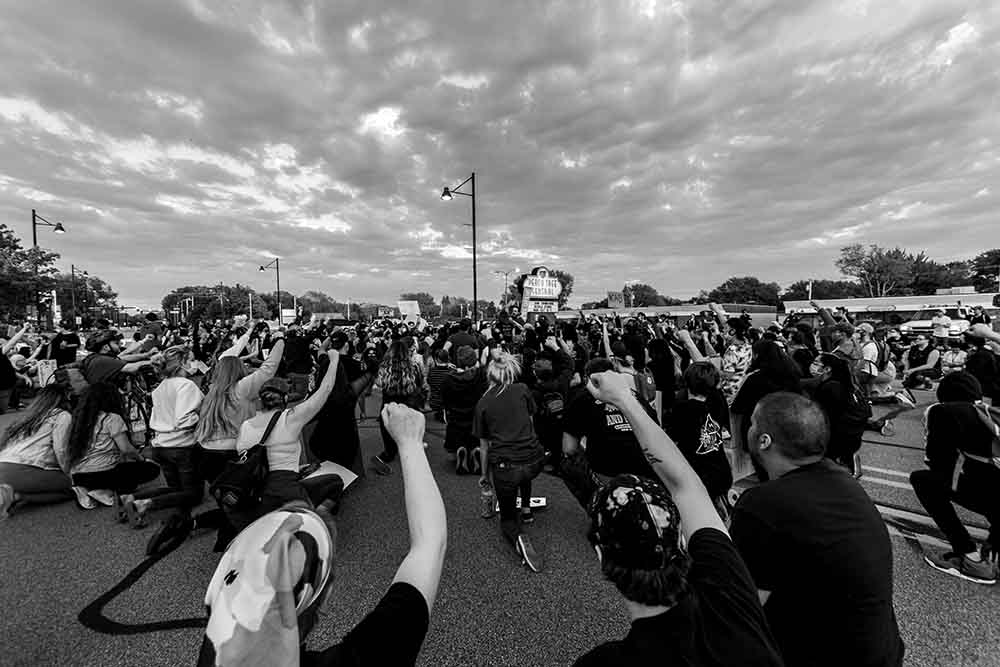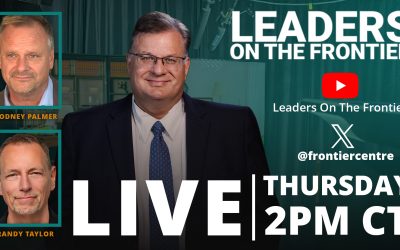Where there is no police, every man is a warrior, and every group is a regiment.
Carrying out ethnographic field research as a cultural anthropologist, I lived for two years in Baluchistan, a cultural region in southeastern Iran, western Pakistan, and southern Afghanistan. During this time, I lived among the Baluch, talked with them every day about what they were doing and thinking, and observed their actions and behavior.
During my research, a feud exploded between two of the three major tribal segments of the Yar-ahmad-zai tribe. The camel of a member of one section had eaten dates off of a date palm belonging to a member of another section. The date owner sequestered the camel, and demanded compensation from the camel owner. The two men traded unpleasantries, then blows. The date owner got the worst of it. Soon thereafter, members of the section of the date owner came across two members of the camel owner’s section and roughed them up. One of them was a respected elder, and this sent his section members into a fury. Small lineages previously in conflict dropped their complaints in order to unify as members of the offended section. And so it went on, with members retreating to their kinsmen, plotting to kidnap members of the other section, mobilizing in mass to fight members of the other section, violently breaking up mediation sections, continuing on and off for over five years.
Life and daily activities continued even under the shadow of the conflict. People depended on the deterrence to limit the conflict. Everyone knew that blood spilled would be answered by more blood, and that deaths would be answered with more deaths. Hotheads, often younger tribesmen, would be constrained by cooler heads, commonly senior and elder tribesmen. So, it was largely a cold war, with occasional kinetic bursts of violence.
Life alongside this conflict went on as well as it did, because the tribal organization provided solidarity, balance among groups, and deterrence, and because most tribesmen did what they were supposed to do by supporting their kinsmen. Tribal structure kept conflict from becoming a war of all against all. It is also true that the Yarahmadzai tribesmen were spread thinly across the desert in herding camps or tiny villages, which gave them lots of room for spatial maneuver. Such conflict would be more problematic in densely populated towns and cities.
The newly popular initiative in various American cities, supported by Black Lives Matter and some Democrat Party officials, to defund or abolish the police is alleged to be aimed at reducing police brutality. Of course, abolishing the police is much more than that; it is a strike at the heart of the state as an organization that claims the monopoly of the use of force. Some of the very same people calling for disbanding the police advocate canceling the Second Amendment and banning the owning of firearms by citizens. The Black Lives Matter organization demands that the police be abolished, and that they form an armed militia that would police black neighborhoods. BLM would then become the de facto government, an unelected government, and the rulers of black neighborhoods.
The alternative to BLM taking over the police function, is that there be no police function. One suggestion was a “rapid response team of social workers.” Is that really who we want to send to bank robberies, homicides, riots? Or maybe a rapid response team of psychiatrists. In fact, what an unorganized and unarmed citizenry would become is easy targets of predatory criminals. No man, woman, or child, no house, business, or vehicle would be safe. As it is, black communities are the most crime-ridden in the country, with half of the homicides in the country, almost all black on black murders, and two or three times the robbery, assault, rape, arson, etc. that you would expect from a community of 14% of the country’s population. And that is with police protection. Without the police, even more wealth would flow out the doors and even more blood would flow in the streets. I think that, if a vote were held on community policing, black communities would vote for more police.
Republished from www.pjmedia.com
Philip Carl Salzman is a senior fellow with The Frontier Centre for Public Policy.



